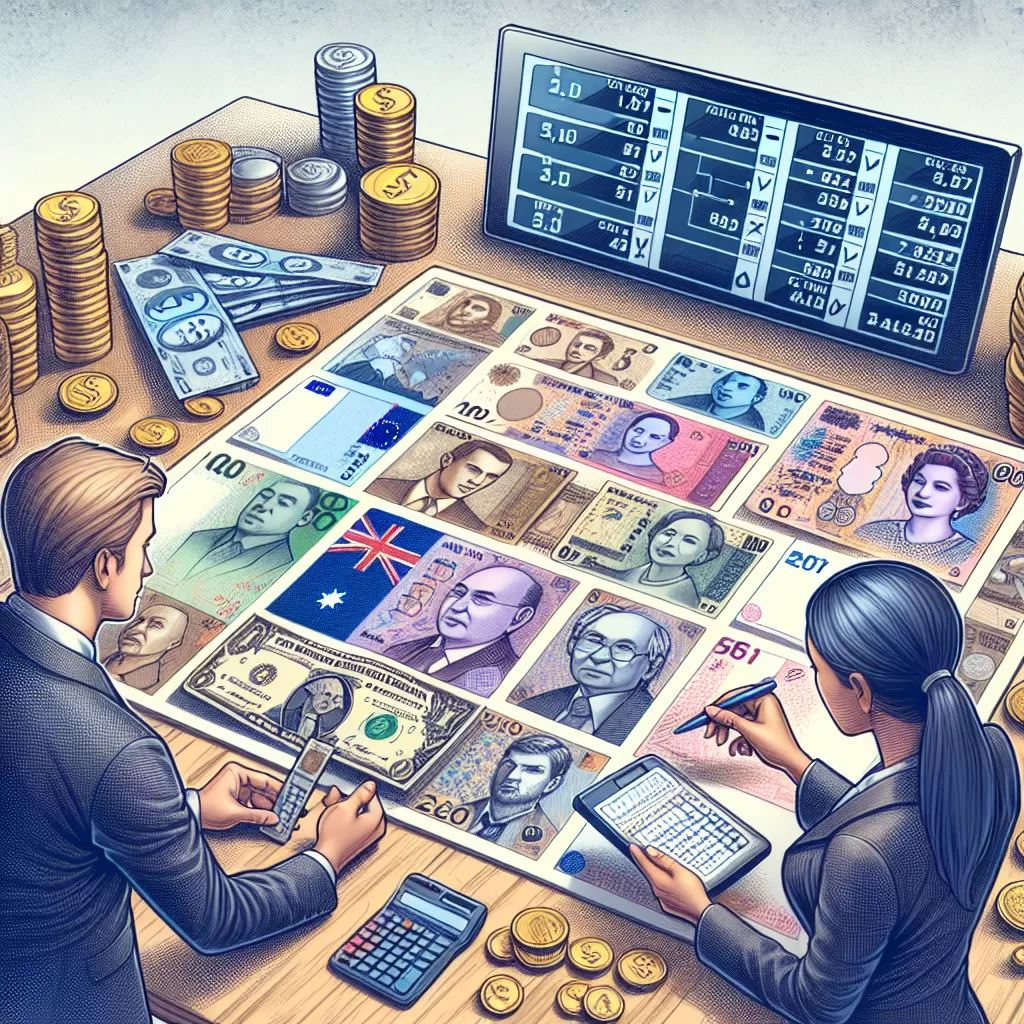How Much Does A Currency Exchange Cost
Follow Currency Mart April 10, 2024
Where to purchase Foreign Currencies?

An Introduction to Currency Exchange Costs
In the world of currency exchange, values fluctuate constantly. The same $50 in your pocket holds a different weight depending on where you find yourself in the world. Currency exchange is the process of converting one currency into another, a system regulated by the global foreign exchange market. The cost of this exchange varies and is influenced by a variety of factors.Understanding the Exchange Rate
The initial cost involved in currency exchange rests in the exchange rate. This rate determines how much of one currency is needed to buy another. Exchange rates fluctuate continuously due to the market's ever-changing nature. Therefore, when you exchange your currency, the amount you receive is based on the current exchange rate. However, this is not where costs end.The Role of Banks and Currency Exchange Bureaus
Banks and exchange bureaus are the custodians of currency exchange. These institutions buy and sell currencies and make a profit from that transaction. They often offer different exchange rates than those found in the global market, increasing the cost of currency exchanges. This difference in prices, also known as the spread, often factors in operational costs to provide the service.Transaction Fees
Beyond the spread, banks and currency exchange bureaus often charge a transaction fee. This fee usually depends on the amount of money being exchanged, the type of transaction (online or in-person), and the establishment's policies. Some providers may offer lower fees for larger amounts, while others may have a set rate regardless of the amount exchanged.Processing Fees
In addition to transaction fees, some institutions might charge a processing fee. This fee covers the cost of facilitating the transaction and maintaining security measures. It might be included within the transaction fee or listed separately, varying from institution to institution.Digital Platforms and Online Exchange Costs
The digital era has ushered in a significant shift towards online currency exchange platforms. These platforms often offer more competitive rates and lower fees because they have lower operational costs and take advantage of technology to automate processes. However, they are not free from charges. Online platforms may have fees grouped under a variety of names, such as service fees, delivery charges, or withdrawal fees.Dynamic Currency Conversion (DCC) Costs
When abroad and using your credit or debit card, you may encounter Dynamic Currency Conversion (DCC). DCC allows the transaction's cost to be converted to your home currency immediately. While this offers the convenience of knowing exactly the cost, DCC often comes with poor exchange rates and extra fees, making it more expensive than standard card charges.The Cost of Cash Withdrawals Abroad
Withdrawing cash at ATMs abroad may incur costs. These can take the form of flat fees, a percentage of the withdrawal amount, or both. The ATM provider or your bank can charge these fees.The True Cost of Currency Exchanges
The actual cost of a currency exchange is seldom upfront. When evaluating the cost, you must consider the exchange rate, spread, transaction fees, service fees, and potentially, withdrawal costs if you're abroad. It always pays to assess these components when planning to exchange currency, ensuring you make an informed decision and potentially saving you money.Seeking the Best Rate
Regardless of how and where you exchange your currency, it’s essential to shop around for the best rates and lowest fees. Banks, bureaus, and online platforms offer different deals, and a little research can go a long way in making your money travel further.
Where to purchase Foreign Currencies?